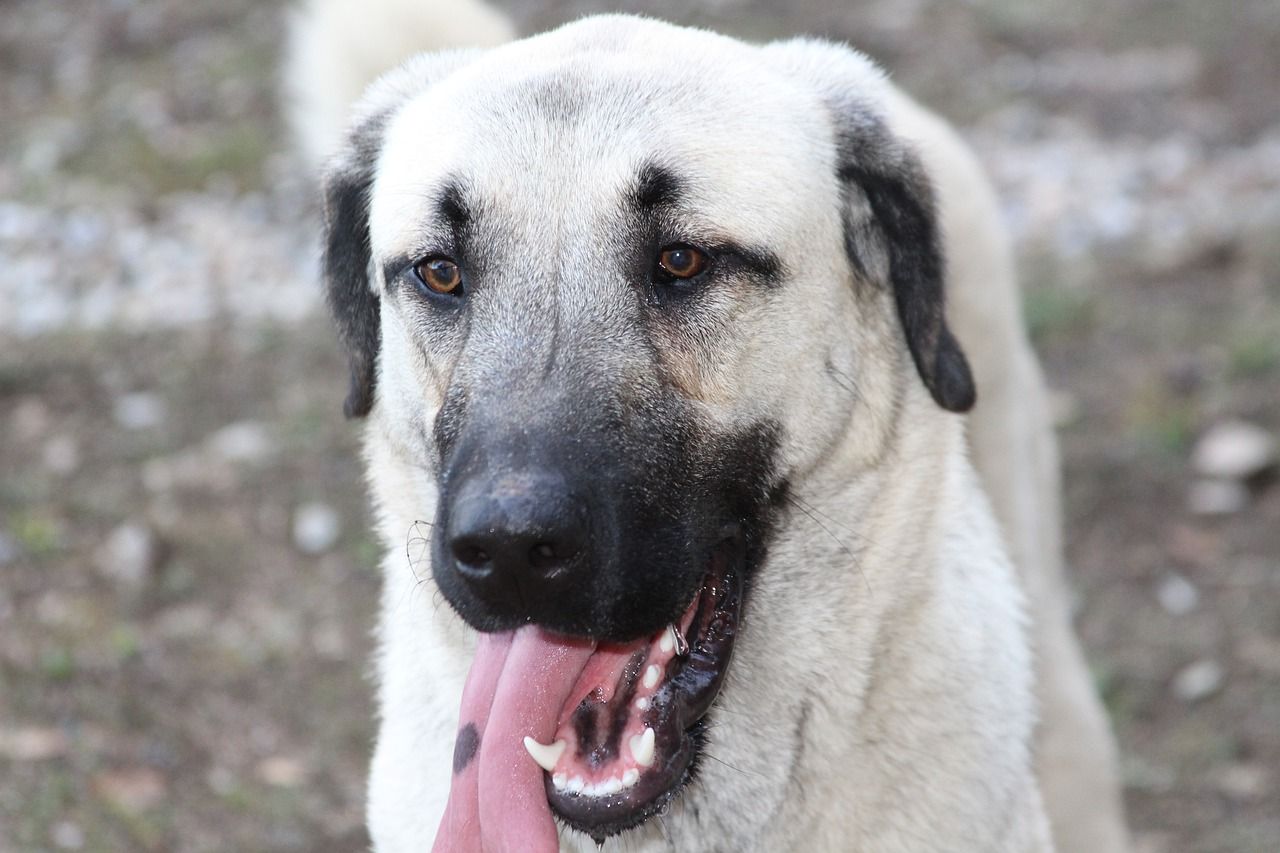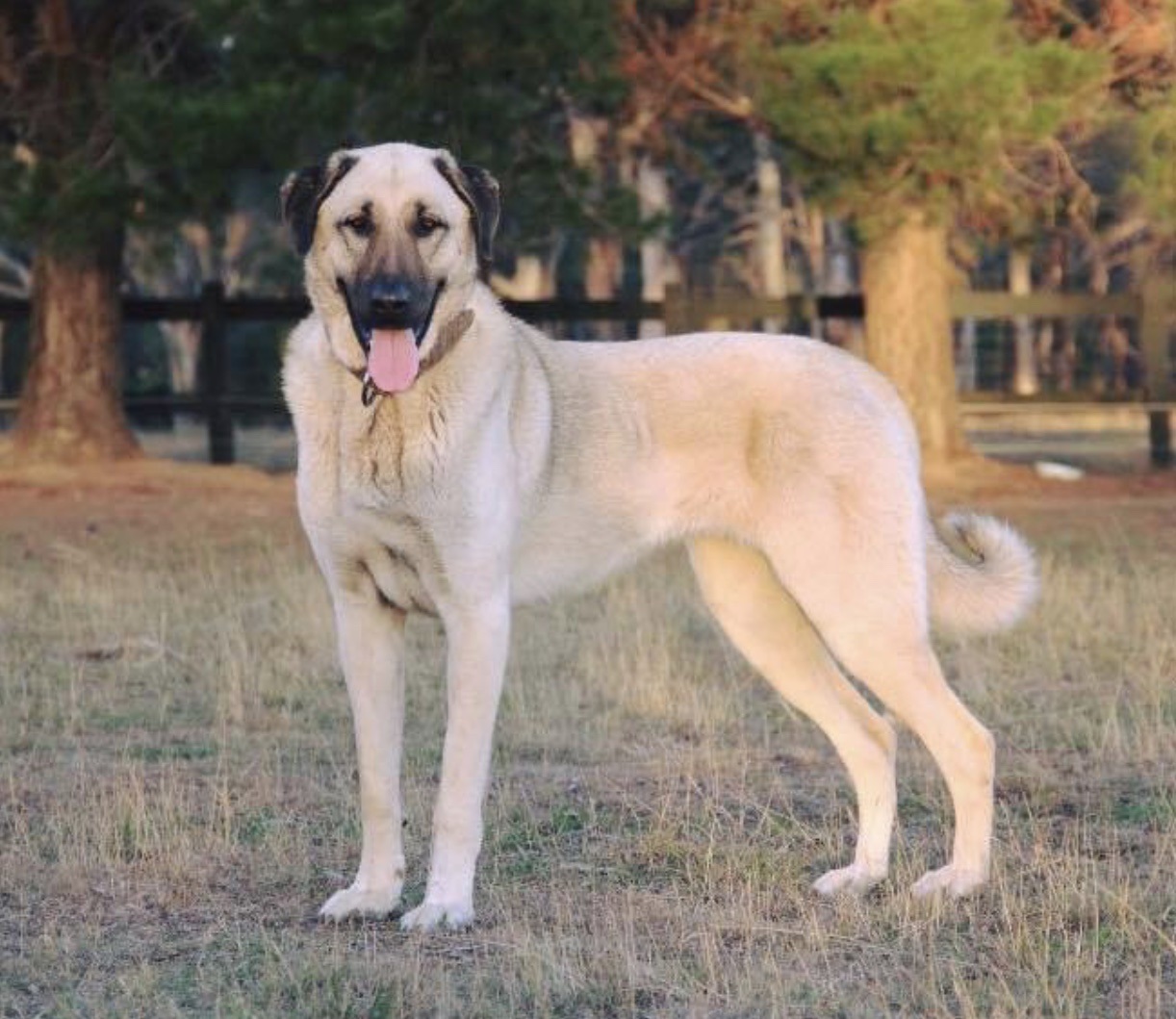Unleashing The Charm Of Kangal Shepherd Dogs: Your Ultimate Guide
When it comes to loyal companions and fierce protectors, Kangal Shepherd Dogs are simply unmatched. These majestic creatures have been guarding livestock and homes for centuries, but they’ve also become beloved family pets in recent years. If you're considering welcoming a Kangal Shepherd Dog into your life, this guide is here to help you make an informed decision.
Imagine having a dog that’s not just a pet but also a guardian. Kangal Shepherd Dogs bring a level of loyalty and dedication that few other breeds can match. They’re strong, independent, and incredibly intelligent, making them perfect for those who want a companion with a purpose. But before diving headfirst into owning one, there’s a lot to consider.
This article is packed with everything you need to know about Kangal Shepherd Dogs. From their history and temperament to grooming tips and health concerns, we’ve got you covered. So, buckle up and get ready to discover why these dogs are often called the kings of the canine world!
Read also:What Do Crown Family Members Do For Society Unveiling Their Contributions
Here’s a quick rundown of what we’ll cover:
- Biography and Origins of Kangal Shepherd Dogs
- Key Characteristics and Temperament
- Health and Lifespan
- Grooming and Care
- Training Tips for Kangal Owners
- Common Misconceptions About Kangal Shepherds
Biography and Origins of Kangal Shepherd Dogs
Let’s take a trip back in time to Turkey, where the story of Kangal Shepherd Dogs began. These dogs are native to the Sivas province, specifically the town of Kangal, hence their name. For centuries, they’ve been bred to protect livestock from predators like wolves and bears. Their strength, courage, and protective instincts make them ideal for this role.
Interestingly, Kangal Shepherd Dogs are considered a national treasure in Turkey. In fact, the Turkish government has strict regulations in place to ensure the purity of the breed. This dedication to preserving the Kangal’s lineage speaks volumes about their importance in Turkish culture.
Key Facts About Kangal Shepherds
Here’s a snapshot of some key facts about Kangal Shepherd Dogs:
- Breed Origin: Turkey
- Purpose: Livestock guardian and family protector
- Lifespan: 12-15 years
- Size: Large – Males weigh between 110-145 pounds, females weigh between 90-120 pounds
- Coat Color: Fawn with a black mask
Key Characteristics and Temperament
So, what makes Kangal Shepherd Dogs so special? Their temperament is a mix of loyalty, independence, and protectiveness. They’re incredibly loyal to their families, forming strong bonds with their owners. At the same time, they’re independent thinkers, often making decisions on their own when it comes to protecting their territory.
One thing to note is that Kangals are naturally suspicious of strangers. This trait makes them excellent guard dogs, but it also means they require proper socialization from an early age. Without it, they might become overly protective or even aggressive.
Read also:Jonathan Toews Wife The Untold Story Behind The Hockey Legends Love Life
Are Kangal Shepherds Good Family Pets?
Absolutely! While they’re known for their protective nature, Kangal Shepherds can be wonderful family pets if raised properly. They’re gentle with children and will go to great lengths to ensure their safety. However, it’s important to supervise interactions between young kids and these large dogs to prevent accidental injuries.
Health and Lifespan of Kangal Shepherd Dogs
Like any large breed, Kangal Shepherds are prone to certain health issues. Hip dysplasia, elbow dysplasia, and bloat are some of the most common concerns. Regular vet check-ups and a balanced diet can help mitigate these risks.
On average, Kangal Shepherds live for 12-15 years. With proper care, they can enjoy a long and healthy life. It’s crucial to keep them active and engaged, both physically and mentally, to ensure their well-being.
Preventive Care Tips
- Feed them high-quality food tailored to their size and activity level.
- Provide regular exercise to prevent obesity and joint problems.
- Keep up with vaccinations and parasite prevention.
- Monitor their behavior for any signs of illness or distress.
Grooming and Care for Kangal Shepherd Dogs
Grooming a Kangal Shepherd Dog is relatively straightforward. Their short, dense coat sheds moderately throughout the year, with heavier shedding during seasonal changes. Brushing them weekly can help manage shedding and keep their coat healthy.
Bathing should only be done when necessary, as frequent baths can strip their coat of its natural oils. Additionally, regular nail trims, ear cleanings, and dental care are essential parts of their grooming routine.
Exercise Needs
Despite their size, Kangal Shepherds don’t require excessive exercise. A daily walk or two, along with some playtime, should suffice. However, they do need mental stimulation to prevent boredom and destructive behavior. Puzzle toys and obedience training can be great ways to keep their minds sharp.
Training Tips for Kangal Owners
Training a Kangal Shepherd Dog requires patience, consistency, and a firm but gentle approach. These dogs are intelligent and eager to please, but they also have strong independent streaks. Here are some tips to get you started:
- Start training early, ideally as soon as you bring your Kangal home.
- Use positive reinforcement techniques, such as treats and praise, to reward good behavior.
- Avoid harsh punishments, as they can damage the trust between you and your dog.
- Socialize your Kangal with different people, animals, and environments to help them become well-rounded.
Common Training Challenges
One of the biggest challenges in training Kangal Shepherds is their protective nature. While it’s a desirable trait, it can sometimes lead to aggression if not managed properly. Consistent training and exposure to various situations can help them learn the difference between real threats and harmless visitors.
Common Misconceptions About Kangal Shepherds
There are several misconceptions surrounding Kangal Shepherd Dogs. Let’s clear the air on a few of them:
Myth: Kangals Are Aggressive
Reality: Kangals are naturally protective, but they’re not inherently aggressive. With proper training and socialization, they can be calm and well-behaved around people and other animals.
Myth: Kangals Are Only Good for Farm Work
Reality: While they excel as livestock guardians, Kangals can also thrive as family pets. Their loyalty and affection make them great companions for those who understand their needs.
Health Concerns and How to Manage Them
As mentioned earlier, Kangal Shepherds are prone to certain health issues. Here’s a closer look at some of the most common ones:
Hip Dysplasia
Hip dysplasia is a condition where the hip joint doesn’t develop properly, leading to arthritis and mobility issues. Regular vet check-ups and a balanced diet can help reduce the risk.
Bloat
Bloat, or gastric torsion, is a life-threatening condition that affects large breeds like Kangals. Feeding them smaller, more frequent meals and avoiding exercise immediately after eating can help prevent bloat.
Nutritional Needs for Kangal Shepherd Dogs
Feeding a Kangal Shepherd Dog requires careful consideration. They need a diet rich in protein and fat to support their large size and active lifestyle. High-quality commercial dog food or a balanced homemade diet can meet their nutritional needs.
It’s also important to avoid overfeeding, as obesity can exacerbate joint problems and other health issues. Always consult with your vet to determine the best diet for your Kangal based on their age, weight, and activity level.
Supplements and Vitamins
Some Kangal owners choose to supplement their dog’s diet with vitamins and minerals to support joint health and overall well-being. Glucosamine and chondroitin are popular choices for maintaining healthy joints. Again, consult your vet before adding any supplements to your dog’s diet.
Choosing a Kangal Shepherd Dog
If you’re ready to welcome a Kangal Shepherd Dog into your life, here’s what you need to know:
Where to Find a Reputable Breeder
Choosing a reputable breeder is crucial to ensure you’re getting a healthy and well-bred Kangal. Look for breeders who prioritize the health and temperament of their dogs and are willing to provide health clearances for their puppies.
Adopting a Kangal
Adoption is another great option for finding a Kangal Shepherd Dog. Many rescue organizations specialize in large breeds and can match you with a dog that fits your lifestyle. Adopting a rescue dog can also be a rewarding experience, as you’re giving a second chance to a dog in need.
Kangal Shepherd Dogs: A Final Verdict
In conclusion, Kangal Shepherd Dogs are remarkable animals with a rich history and a loyal heart. They’re perfect for those who want a protective and loving companion but are willing to put in the time and effort required to train and care for them properly.
If you’ve read this far, you’re probably seriously considering getting a Kangal Shepherd Dog. Before making a decision, take some time to reflect on whether you can meet their needs and provide the environment they thrive in. And don’t forget to share this article with fellow dog lovers who might appreciate learning about these incredible animals!
Got any questions or thoughts? Drop a comment below, and let’s keep the conversation going!


